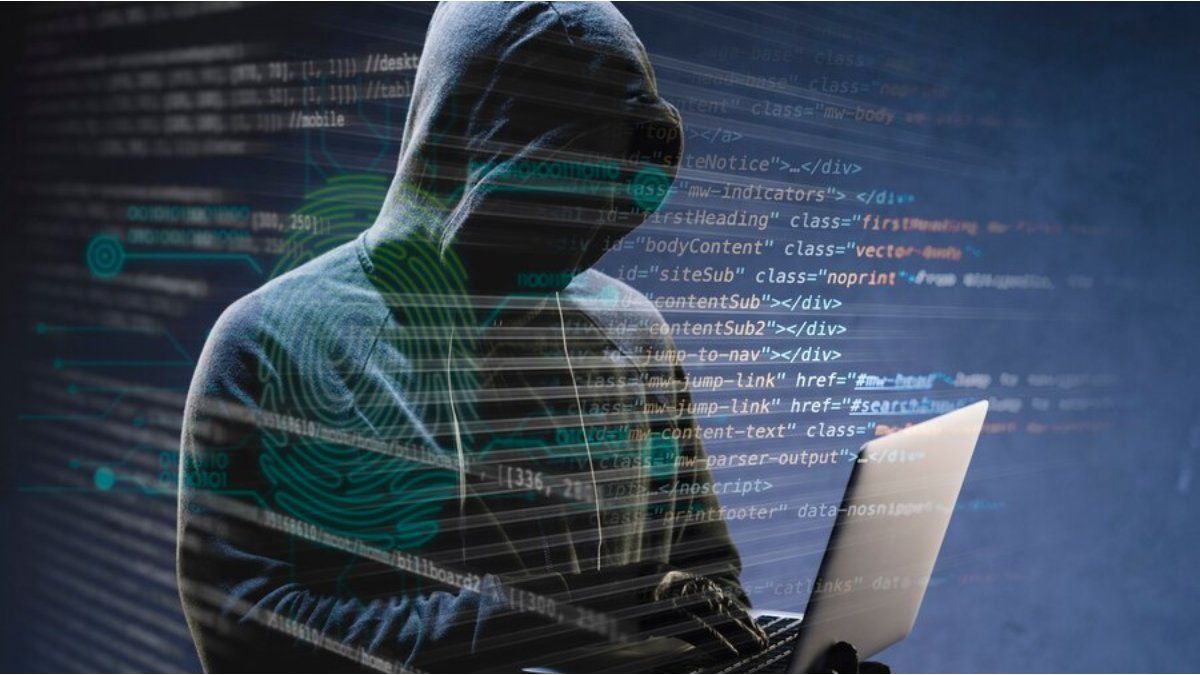In a world where communication became so accessible, so did cyber threats. One of the most insidious dangers of this new environment is the vishing, a term that combines “voice” and “phishing”. This crime manifests itself when attackers use the phone to deceive victims and steal personal information, often with the aim of accessing financial accounts.
Vishing methods are as varied as they are clever. Scammers, who can impersonate a company, a bank or even the AFIP, use social engineering techniques to manipulate victims. In these attacks, the scammer creates a compelling narrative, making the victim feel safe when providing sensitive data.
The most disturbing thing about vishing is that, like other types of phishing, human vulnerability is the weakest link in the cybersecurity chain. Many times, people trust what they hear and assume they are talking to someone who officially belongs to a company or a bank. But this trust can be costly. A common scenario could involve a scammer calling claiming to be from a company’s payments department, claiming there is a problem with transfers, and requesting banking information. Unknowingly, the victim could be giving their most valuable information to a criminal.
How to anticipate
The good news is that prevention is possible. The key is to be skeptical and verify any unexpected requests. If you receive a call that seems suspicious, the best action is to hang up and contact the company or bank they mention directly, using an official number. Sensitive information should never be shared over the phone, especially if the request comes from an unexpected call. And it must be remembered that serious institutions will never request confidential information in this way.
Additionally, it is essential to promote cybersecurity training at all levels of organizations. A well-informed team is the first line of defense against these attacks. Education about scammers’ tactics can make the difference between being a victim or a cautious user.
In the digital age, personal and organizational security depends on both technology and education. Vishing calls are a reminder that we should always be alert. At a time when communication has become faster, healthy distrust of those who contact us may be our best defense. Staying informed and prepared is essential to protect our information and our financial integrity.
smishing
Another of the most worrying phenomena in this context is the smishing, a form of phishing that uses text messages to trick users and steal sensitive information. Although email phishing was a concern for years, smishing is gaining traction, becoming a preferred method for scammers.
Smishing, which combines “SMS” and “phishing,” aims to exploit fundamental human emotions, such as fear and curiosity. Scammers usually pose as companies, banks, prepaid companies and insurance companies, to encourage victims to provide personal data. This social engineering technique takes advantage of users’ predisposition to trust text messages more than emails, making these attacks especially effective. According to recent statistics, users respond to 45% of text messages, in contrast to a mere 6% of emails.
Scammers don’t stop there, they also use compromised phone numbers and hacked messaging accounts to make their scams even more convincing. The links in these messages can redirect to fraudulent websites that steal credentials or, in the worst case, can install malware on victims’ devices.
This suggests that as criminals adapt to an ever-changing digital environment, users need to be increasingly vigilant.
The responsibility lies not only with individuals, but also with companies and governments. It is essential to promote cybersecurity education and provide tools that help identify suspicious messages. Prevention is key: we must learn to question the legitimacy of a text message, even if it appears to come from a trustworthy source.
Smishing is a reminder that, in the digital realm, trust can be a double-edged sword. Protecting our data is a collective effort, and each of us has a role to play in combating these threats. Let’s always be alert, because in the world of smishing, curiosity can cost us much more than we imagine.
Systems analyst and CEO of Zula cybersecurity
Source: Ambito
I am an author and journalist who has worked in the entertainment industry for over a decade. I currently work as a news editor at a major news website, and my focus is on covering the latest trends in entertainment. I also write occasional pieces for other outlets, and have authored two books about the entertainment industry.




